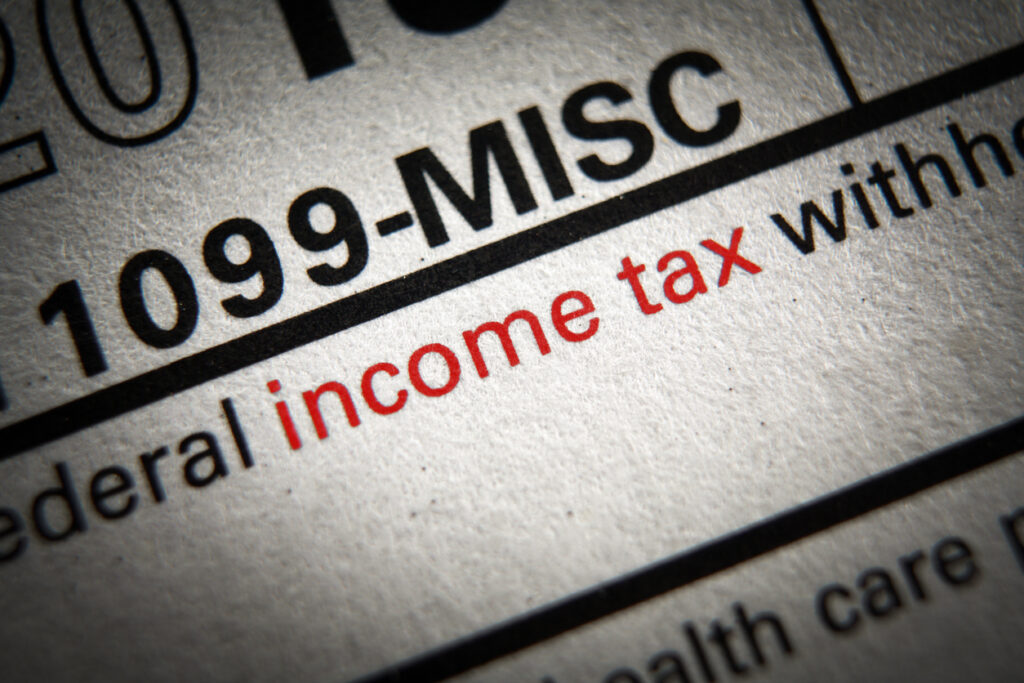Capital Gains
What is a Capital Gain?
Capital gains occur when you sell a capital asset, a home, piece of property, collectible, automobile, artwork, stock, bond, mutual fund, etc. Gains are classified as either short-term or long-term depending on how long the asset was owned, and the classification determines the tax rates that apply.
How is a Capital Gain Calculated?
For simplicity’s sake, a capital gain is approximately equal to the sale price minus the purchase price. Example: You buy a stock for $100 and then sell it for $125. Your capital gain is $25.
More specifically, when an asset is purchased, a cost basis is established. Cost basis usually amounts to the purchase price of the asset, but certain fees paid to perform the transaction can be added to the purchase price to increase the basis. In real estate, home renovations increase the cost basis of the property. For securities, the commissions paid to make a purchase, stock splits, and dividends affect cost basis.
When the asset is sold, the sale price forms the second half of the capital gain calculation. The proceeds from a sale can be approximated by the sale price itself, but like the calculation for cost basis, some adjustments may apply. For real estate, the closing costs and commissions paid to real estate agents can reduce net proceeds, thus reducing potential capital gain taxes owed. The same is true when selling securities.
How is a Capital Gain Taxed?
The type of gain de termines the tax rate that applies to it. If an asset is held for less than one (1) year before being sold, the gain is considered short-term. If held for one (1) year or more, the gain is considered long-term.
termines the tax rate that applies to it. If an asset is held for less than one (1) year before being sold, the gain is considered short-term. If held for one (1) year or more, the gain is considered long-term.
Short-term gains are taxed at the same rates as income from a job. A substantial short-term gain could push your annual income into a higher tax bracket, resulting in higher income tax rates being applied to the gain itself. For this reason alone, waiting at least a year before selling a capital asset can usually minimize the impact of taxes.
Long-term gains receive more favorable tax treatment because the government has historically incentivized investment behavior over speculation. Depending on your taxable income, the capital gain tax rate that applies to your gain could be 0%, 15%, or 20%. In 2021, single filers with less than $40K of taxable income ($80K for couples) paid 0% on long-term gains. By minimizing taxable income, including through last-minute tax reduction strategies, capital gain taxes can be minimized or even eliminated!
Capital Gains on Real Estate
Real estate is eligible for a special capital gain exemption. Currently, the tax code provides individuals a $250,000 capital gain exemption when selling a primary home. For couples, the exemption amount is $500,000.
To qualify for this exemption, the home must have been used as a primary residence in 2 of the last 5 years. This exemption can also only be used once every two years.
The short- and long-term capital gain rules still apply to real estate otherwise, but because of this unique tax benefit, purchasing a vacation home or rental property is sometimes a useful way to build wealth and shelter significant gains in the process.
Capital Gains on Retirement Accounts
Retirement accounts like 401K, 403B, 457, TSP, and IRAs do not incur capital gains because the money that is contributed to them is tax-advantaged already.
Traditional (pre-tax) accounts provide an upfront tax-deduction while allowing earnings to grow tax-free. You are not taxed when you sell in these accounts. Only when the money is withdrawn does it become taxable, and the rate that is applied is the same rate applied to ordinary income.
Roth (after-tax) accounts on the other hand, provide no upfront tax deduction and are funded from net income. Like traditional accounts, earnings grow tax-free, and sales within the account are not taxed. When money is withdrawn, the distributed amount is tax-free when certain conditions are met.
Capital Gains on Non-Retirement Accounts
With non-retirement accounts, sales result in gains. This happens whether you are rebalancing your investments to realign your asset allocation or changing investments because a security has underperformed. This can even be true when you don’t sell securities yourself.
For instance, mutual funds and ETFs are pooled investment vehicles where each share held imputes ownership in the underlying portfolio of securities. When the fund manager sells shares in the portfolio, that action becomes your action, and the gains that are incurred are credited to you. Fund managers generally try to limit capital gains by limiting portfolio turnover, but sometimes sales are unavoidable because of redemption requests or changes to the investment strategy. This is why during tax season, you receive a 1099-DIV form showing capital gains even when you haven’t sold shares yourself.
To minimize capital gains, funds with low turnover should be prioritized. For those who are charitably inclined, donating appreciated securities is a strategy that can be used to reduce future gains as well.
Conclusion
If you’re considering the sale of a capital asset and want to discuss the potential tax implications of the transaction, please contact us today.

